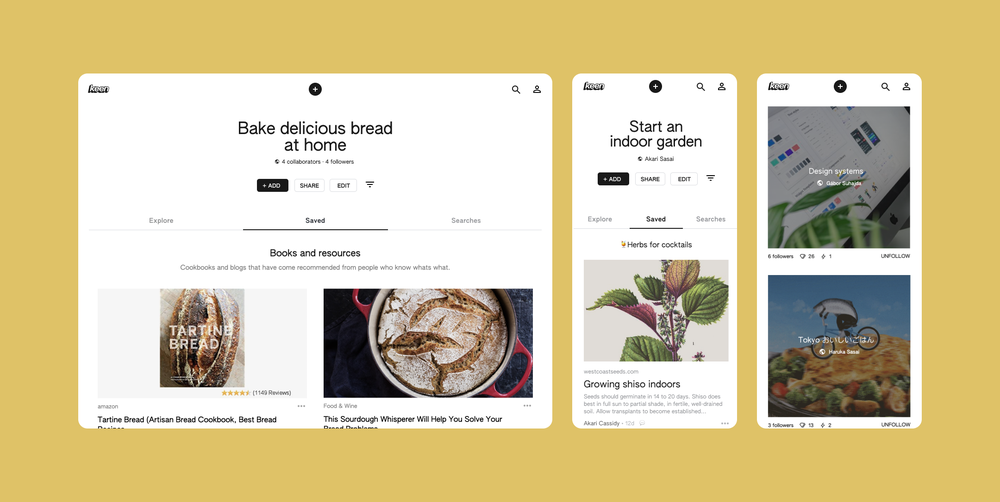The Week In Social: Audio Tweets, Facebook’s Pledge, and Political Ads

Audio tweets come to Twitter
Twitter is making what might be its biggest change since upping the character count to 280 in 2017, giving users the ability to add voice recordings to their tweets. The feature, which is only available on iOS as it’s still in testing, allows a recording of up to 140 seconds to be attached to a tweet, much like a photo or video. If the recording exceeds that time limit, it will split across multiple tweets. In a blog post, the company said the functionality will “create a more human experience” and called out its usefulness for “sharing breaking news [or] first-hand account[s] from a protest.”

Read more at the Twitter blog
Facebook pledges $200 million to Black-owned businesses
Amid ongoing protests in the US and globally, Facebook has promised to donate $200 million to Black-owned businesses, creators, and non-profit organizations. On top of this, a further $5 million has been committed to fundraisers for racial justice, and a new space called Lift Black Voices has been added to the app to highlight stories from the Black community. The announcements are part of a wider push from the company to support marginalized groups, including a push to double its number of Black and Latinx employees by late-2023.
Read more at Facebook Newsroom
Google launches Pinterest-inspired Keen
Pinterest and machine learning are coming together in a new curation-focused social platform called Keen. The web and Android app is developed by Area 120, a Google-owned team focused on experiments, and allows users to create collections of topics they’re… keen… on. The twist is that the project was created in collaboration with Google’s People + AI Research organization, whose work will play into how Keen suggests content for users.

Read more at the Google blog
How TikTok works, according to TikTok
In a new blog post, TikTok has explained the general principles that determine what lands in your feed and some of the challenges the company faces when serving content. Unsurprisingly, the volume of engagement a piece of content is receiving is a major factor in how widely it’s shared, and the presence of captions, hashtags, and sounds also play a role. A user’s location, language, and device type also factor into the algorithm, but supposedly to a lesser degree.
The kind of content you engage with plays a key role in what you see next, however TikTok is aware that this can result in a boring, homogenous feed. To combat this, you’ll occasionally be served something completely out of left field to see how you’ll respond to it. So next time your near-endless stream of Hype House clips are interrupted, you’ll know why.
Read more at TikTok Newsroom
Facebook launches voting info portal, lets users turn off political ads
With the US heading to a presidential election in November, Facebook has announced several initiatives to get voters registered, keep them informed, and give them more control over what political content they see. First, there’s the Voting Information Center located within the app, which contains guidance for registration, information for arranging absentee ballots, updates from local authorities, and more. And if all the politics in your news feed is becoming overwhelming, users in the US will be able to turn off all “social issue, electoral or political ads” from candidates and organizations that have a paid disclaimer.

Read more at Facebook Newsroom